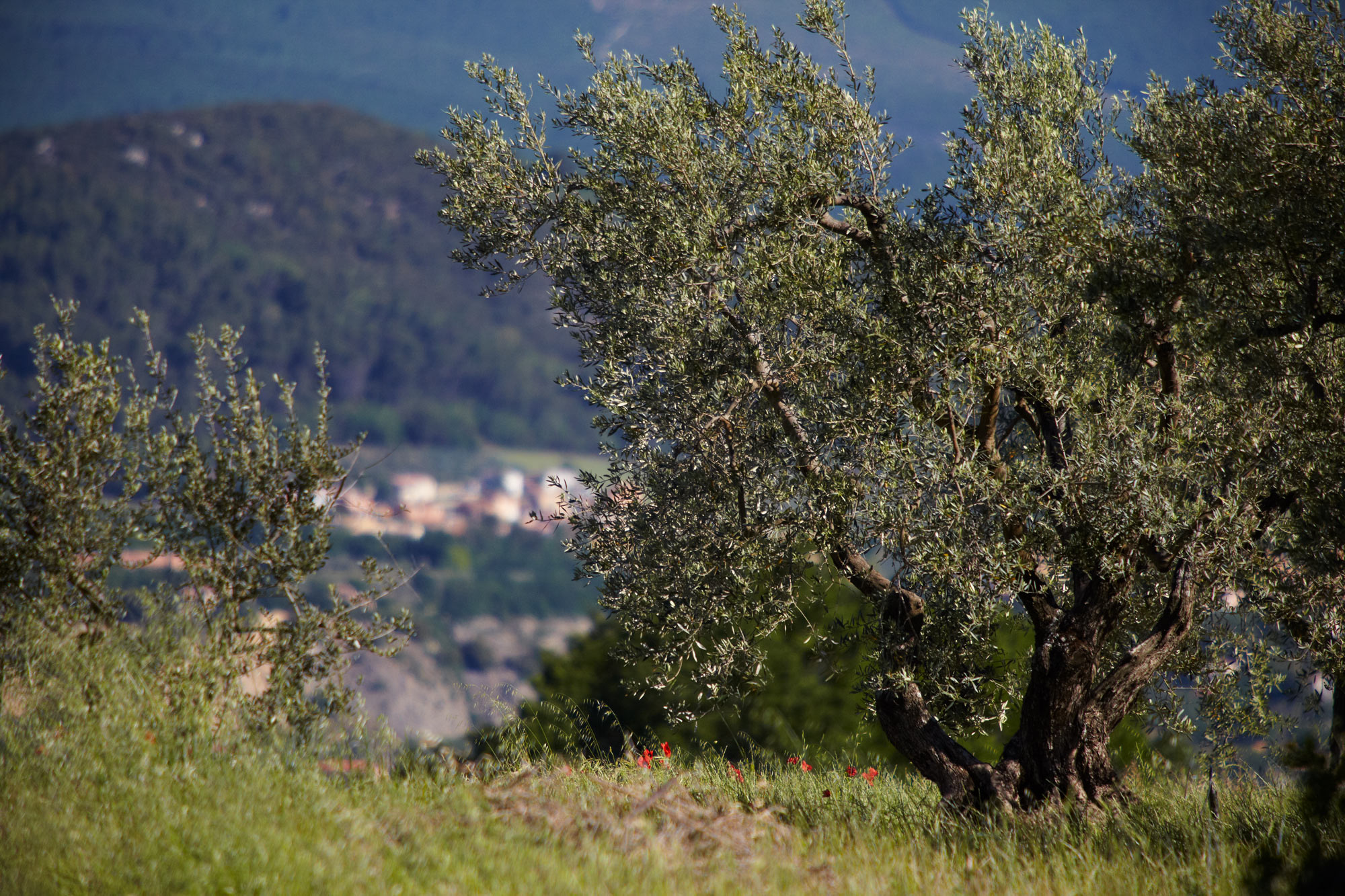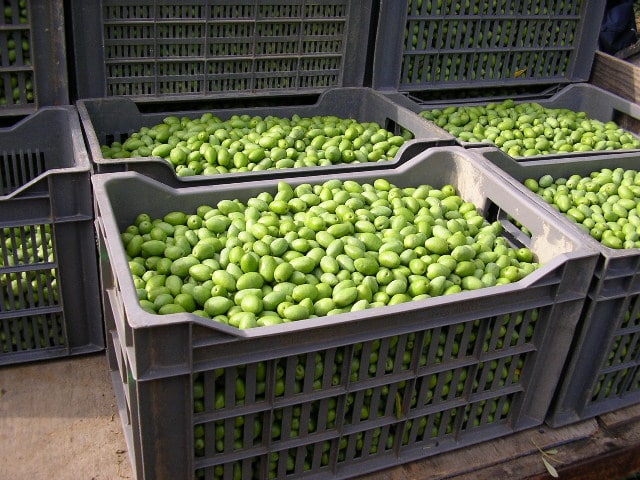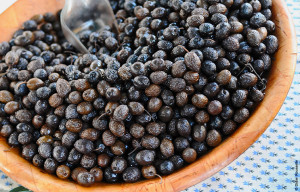PDO what is it ?
The Protected Designation of Origin (PDO) recognizes a strong and narrow link between a product and its soil (geological and climatic conditions, know-how, …).
The Appellation d’Origine Contrôlée (AOC) designates a product for which all the steps of production are made according to a recognized know-how in a same geographical area, which gives its characteristics to the product.
TheProtected Designation of Origin (PDO) is the European equivalent of AOC. The mention protects the name of a product in all the countries of the European Union.
PDO or AOC
The Protected Designation of Origin (AOP), existing since 1992, is the European equivalent of Appellation d’Origine Contrôlée (AOC): it meets the same demands and allows identifying the products in European Union.
Since 2009, the Protected Designation of Origin definitively replaced the Appellation d’Origine Contrôlée for most of the food products which are now recognized directly at the European level.
PDO : what is it ?
PDO, it’s a product
Only a product having specific characteristics and a certain reputation can obtain the PDO. Each PDO product is unique.
PDO, it’s a soil
The specifities of a PDO product are partly linked to its soil. This is why a geographical area is strictly defined and regulated. This area matches with climatic and geological specificities which characterizes the product.
PDO, it’s a know-how
Human factor, thanks to its experience, its know-how, its involvement (…) allows the product to become what it is and to develop itself.
This know-how, obtained by experiences and exchanges, is written in the AOC file and in the decree establishing the designation.









